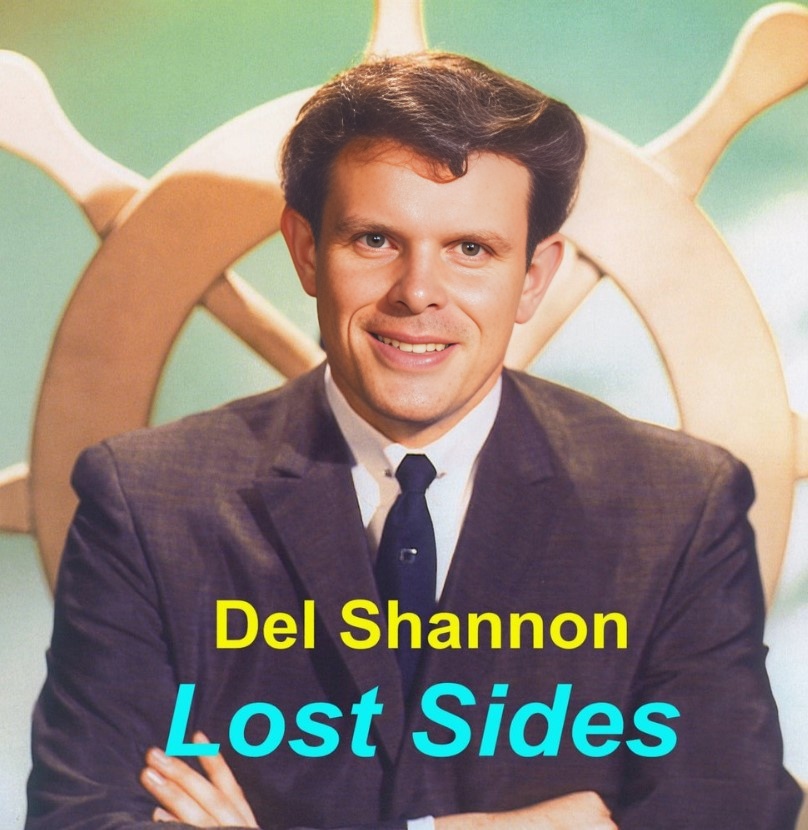
Del Shannon, born Charles Westover, was a pivotal figure in early 1960s rock and roll, known for his distinctive falsetto, emotive vocals, and songwriting talent. Hailing from Michigan, he burst onto the scene in 1961 with “Runaway,” a song that would define his career and become a timeless classic. Though he never quite reached the heights of sustained superstardom enjoyed by some of his contemporaries, Shannon’s impact on the music landscape is undeniable. While award recognition eluded him in his lifetime, “Runaway” consistently ranks high on “best of” lists and earned him posthumous recognition.
“Runaway” is more than just a catchy tune; it’s a poignant expression of heartache and desperation. The lyrics paint a vivid picture of a man grappling with the abrupt departure of his lover. The song conveys a sense of raw vulnerability, as the narrator pleads for his runaway love to return. The iconic descending chords and the haunting organ solo, brilliantly performed by Max Crook on the Musitron, amplify the feeling of loss and uncertainty, creating an atmosphere of melancholic beauty.
Upon its release, “Runaway” immediately resonated with audiences. It shot to the top of the Billboard Hot 100, holding the number one spot for four weeks and becoming an international sensation. Fans were captivated by Shannon’s unique vocal style, the innovative use of the Musitron, and the song’s universal themes of love and loss. Decades later, “Runaway” continues to be praised for its emotional depth, its innovative sound, and its enduring appeal, solidifying Del Shannon’s legacy as a true rock and roll pioneer. Its inclusion in various films and soundtracks further cements its place in popular culture and ensures its continued appreciation by new generations of listeners.